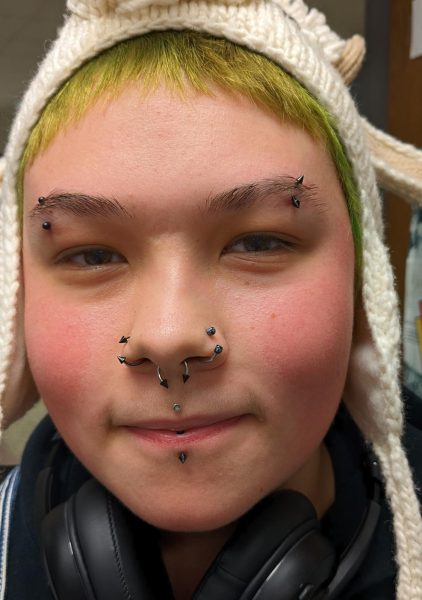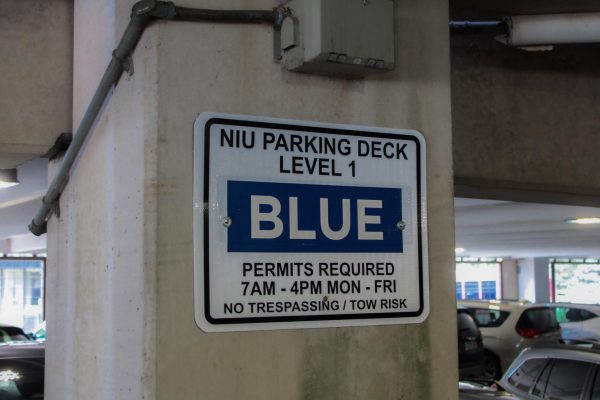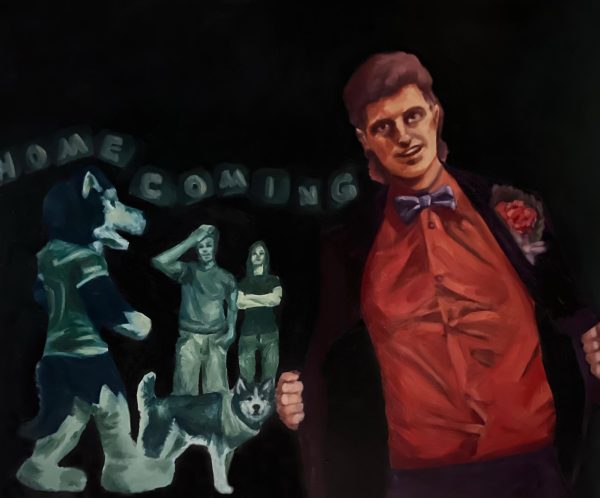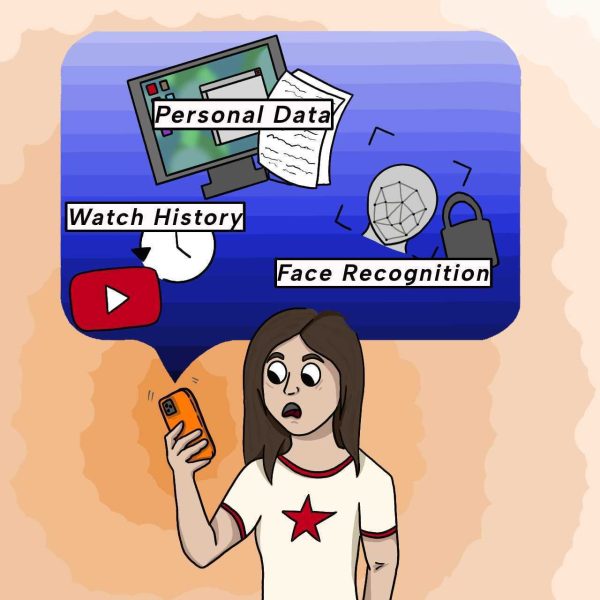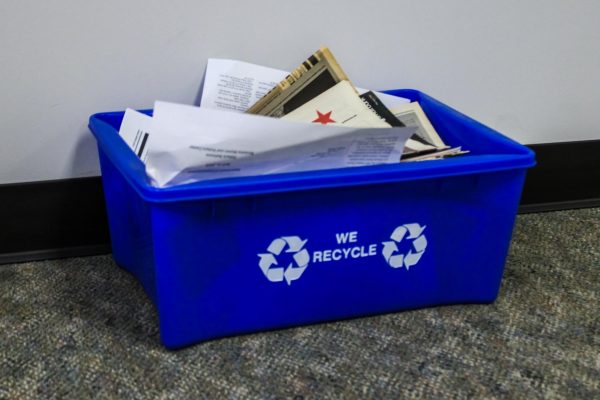Editorial: Drag is an art, not a crime
Drag performer Angelica Diamond performing in an outfit inspired by “The Little Mermaid” Thursday evening in the Duke Ellington Ballroom in the Holmes Student Center. NIU’s campus and the surrounding community are no stranger to drag performances, with shows being hosted on campus by various groups such as the Campus Activities Board (CAB), the Gender-Sexualities Alliance (GSA) and at local restaurants and venues. (Cheyanne Quintanilla | Northern Star)
On July 1, some of the country’s most thinly veiled anti-transgender legislation will take effect in Tennessee.
This amendment to Tennessee Code Annotated, Section 7-51-1401, criminalizes “performance in a location other than an adult cabaret that features … male or female impersonators who provide entertainment that appeals to a prurient interest, or similar entertainers, regardless of whether or not performed for consideration.”
On the surface, this bill appears to have been written with the public’s interest in mind. After all, subsection (c)(1)(A) clarifies that such performances will only be criminalized on public property.
However, subsection (c)(1)(B) will set alarm bells ringing in anyone knowledgeable about common anti-trans talking points: “It is an offense for a person to engage in an adult cabaret performance … in a location where the adult cabaret performance could be viewed by a person who is not an adult.”
“Think of the children!” anti-LGBTQ+ groups have cried for decades, despite the fact that drag has entertained minors throughout history. Look to Mrs. Doubtfire, Edna Turnblad of “Hairspray,” Mulan and Spongebob Squarepants. In none of these examples was the act of cross-dressing meant to be sexual or to corrupt the minds of innocent children.
Drag is harmless to minors, and criminalizing it will not only pose problems for drag performers in the state, but also, and more insidiously, trans people.
Examining the wording of this bill closely, “male or female impersonators” can be interpreted as “anyone who is not dressed as their assigned gender at birth.” Non-passing trans people in a public space could then fall into this category of being a “male or female impersonator” and be criminalized accordingly.
Furthermore, claiming that such impersonations appeal to “prurient interests” is telling: prurient interests, as defined in this Supreme Court document, means “material ‘having a tendency to excite lustful thoughts.’” Drag performers and trans people in Tennessee will be deliberately sexualized against their will by anyone who wants to enforce this new legislation.
The vague wording of the amendment has already been criticized for pinning easy targets on the backs of trans people, which empowers bigots who want to hit their bullseyes through any means necessary.
Human Rights Campaign Legal Director Sarah Warbelow released a statement after Tennessee Governor Bill Lee signed off on the drag ban.
“Instead of focusing on the issues that Tennesseans actually care about, radical politicians are … stripping away the basic human rights that LGBTQ+ people have fought for over decades, forcing LGBTQ+ people, particularly transgender and non-binary people, back in the closet and labeling us as dangerous,” Warbelow said.
There is proof these politicians will continue to push harmful anti-LGBTQ+ legislation. Gender-affirming care for minors was also banned by Lee despite pushback from Tennessee citizens, as reported by WPLN News.
Trans justice advocate Henry Seaton explained to WPLN News how the drag ban is harmful to trans people.
“They don’t define male and female impersonators as just drag performers. That can easily be a trans person,” Seaton said. “There’s the phenomenon of walking while trans, where specifically women of color … often times get the police called on them just for being trans.”
How can we combat such threats? One easy solution is to support drag performers (and trans people) on a local level.
Participate in events hosted by NIU’s Gender and Sexuality Resource Center and/or the Campus Activities Board, such as this year’s and last year’s drag shows. When Hometown Sports Bar and Grill hosts drag shows, pay a visit. Check out the Illinois Drag Facebook group if you’d like to see performances outside of DeKalb.
It’s clear that Illinois is an emerging Midwestern safe haven for many marginalized communities, including trans people. While this is great news for us, it doesn’t mean we should stop fighting.
Bigots like to hide in plain sight. Sometimes, though, they will make their presence known to publicly harass or provoke people who don’t fit their standards for gender expression.
Be an active bystander if you see someone being harassed. The four main tactics to being an active bystander are to distract, delegate, direct and delay. Remember to prioritize your safety and the safety of the one being harassed.
Staying silent is dangerous, as it sends a message that harassment on the basis of being a member of the LGBTQ+ community is OK. To be abundantly clear: Such harassment has never been OK.
In a consistently blue state like Illinois, we should consider ourselves lucky. Moreover, as its constituents, we should voice to local politicians that we do not want Illinois to follow in Tennessee’s fumbling footsteps.
Support trans people and drag performers, full stop.
If you are a trans student and in need of help, NIU’s Gender and Sexuality Resource Center is open from 8 a.m. to 4:30 p.m. Monday through Friday. The GSRC can be contacted at 815-753-4772 or at gsrc.niu.edu. Another valuable resource is the Trans Lifeline. Call the Trans Lifeline at 877-565-8860 or visit the Trans Lifeline website for more information.



